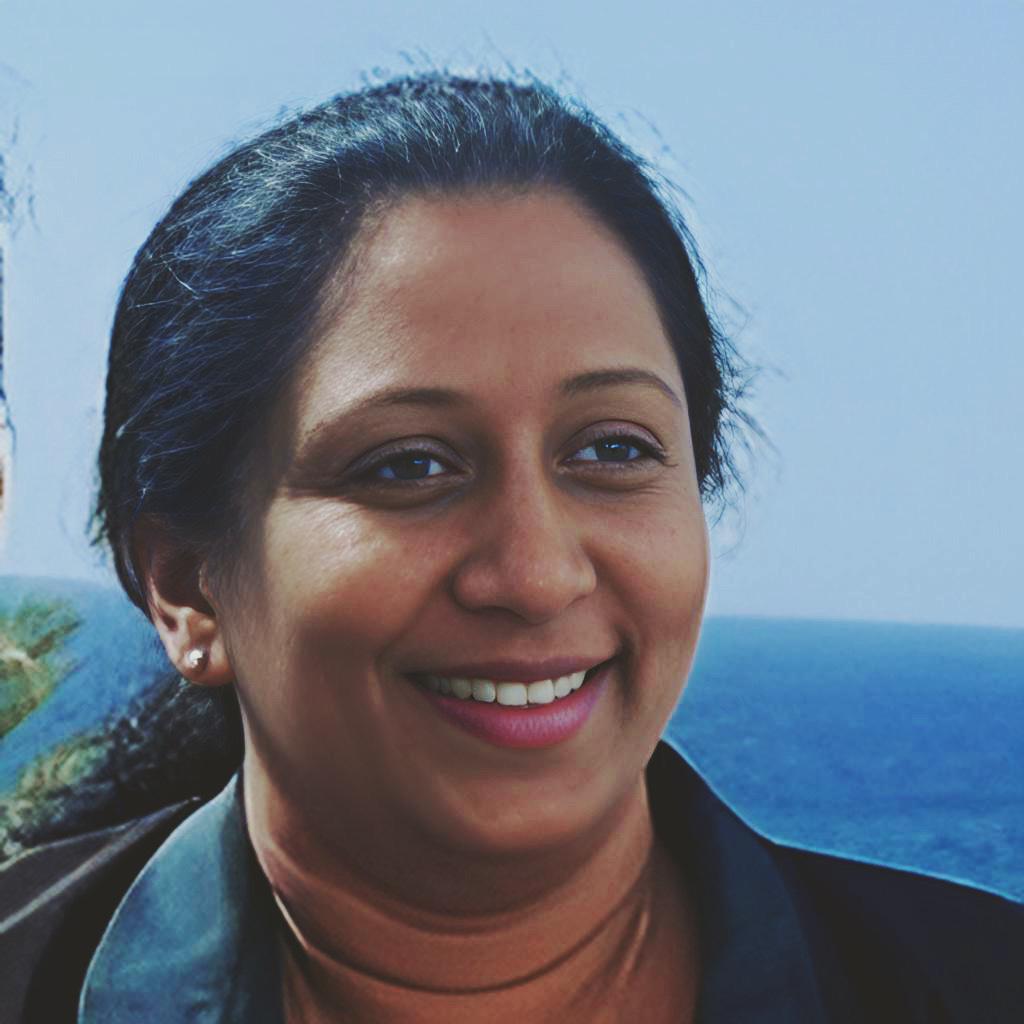
Rejni Jeffrey,
Head of Quality Assurance,
Mazoon College
As we navigate the intricacies of quality assurance in higher education, one aspect that often presents a formidable challenge is benchmarking. While we recognize its importance and the mandates set forth by accrediting bodies, the reality is that conducting benchmarking activities remains an uphill battle for many institutions.
Despite the adage that "sharing is caring" and the expectation to exchange best practices with fellow higher education institutions (HEIs), there is a palpable reluctance to participate in benchmarking processes. When requesting benchmarking data from a Higher Education Institution (HEI), they often require a Memorandum of Understanding (MoU) for data sharing. However, even with a MoU in place, the institution may claim it does not cover certain specific areas. Requesting a MoU from another institution can result in waiting endlessly in a queue. Additionally, difficulties arise in obtaining accurate and reliable data, compounded by institutional resistance to participate in benchmarking due to various internal reasons and concerns about data privacy and ethics.
So, what are the underlying reasons behind this reluctance and resistance?
Through this article, I propose an initiative to explore the barriers hindering benchmarking activities and the acquisition of accurate data in higher education institutions. By conducting a comprehensive survey on this topic, "Navigating Challenges in Benchmarking: Exploring Barriers to conducting benchmarking activities and acquisition of accurate data," we can gain valuable insights into these challenges and work towards finding viable solutions.
Set aside the notion of a perfectly executed benchmarking activity; if I can get at least 50% of the institution representatives to participate in this survey: https://www.smartsurvey.co.uk/s/Navigating-Challenges-in-Benchmarking-2024/, I am confident that I have already successfully reached my target audience.
In conclusion, let us acknowledge the challenges we face in the benchmarking arena and commit to overcoming them collaboratively. By shedding light on these challenges and fostering open dialogue, we can pave the way for more effective benchmarking practices and ultimately enhance the quality of education we provide.
Note: I acknowledge the assistance of AI as an editor for my writing